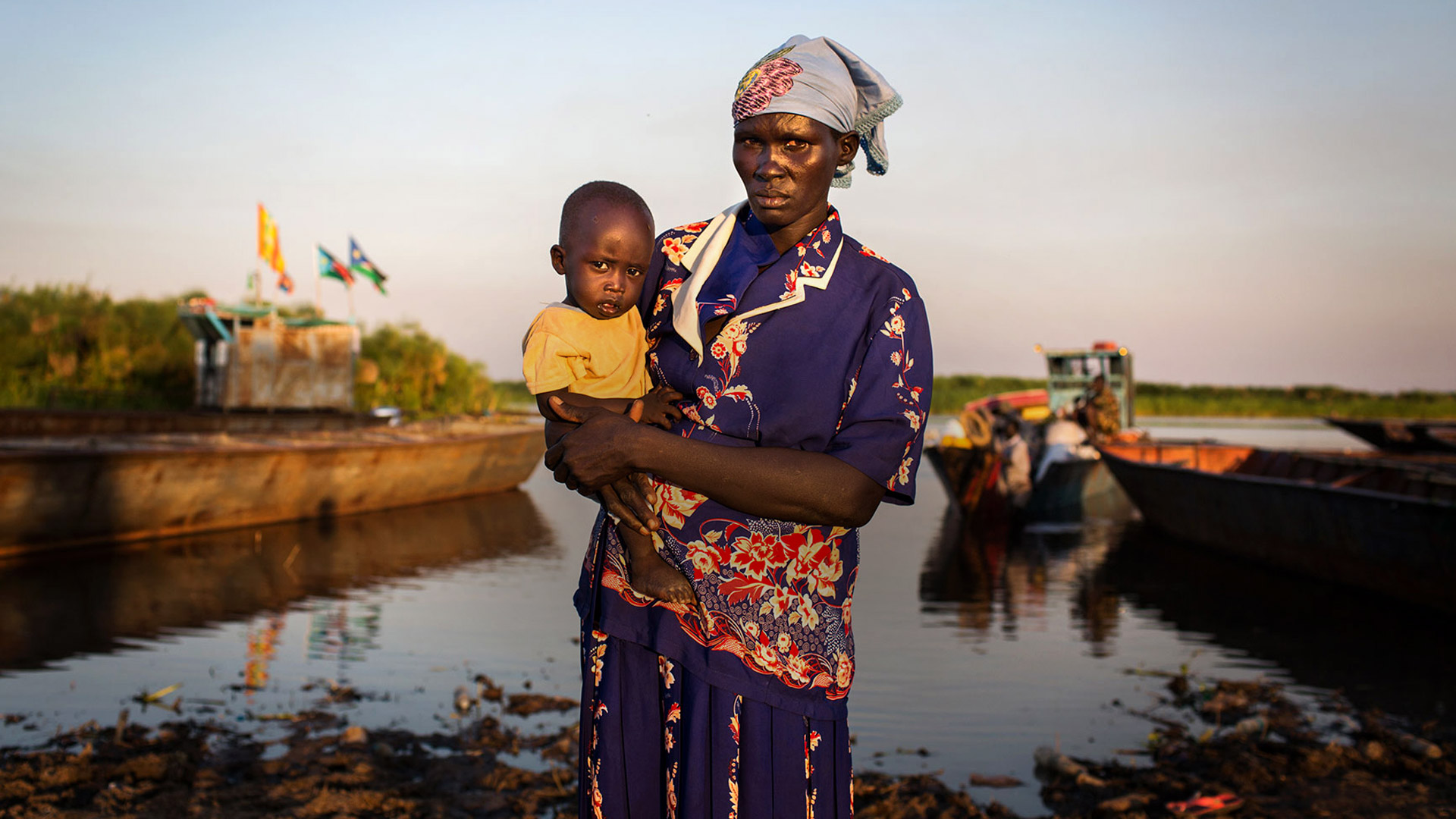UNHCR upgrades hospital unit for Pakistanis and Afghans
UNHCR upgrades hospital unit for Pakistanis and Afghans

QUETTA, Pakistan, July 19 (UNHCR) - The UN refugee agency and its partner, the American Refugee Committee (ARC), have completed the upgrading of hospital facilities in south-west Pakistan's Balochistan province under a project to rehabilitate areas hosting Afghan refugees.
The two agencies inaugurated the Refugee Affected and Hosting Areas (RAHA) initiative at District Headquarters Hospital in Pishin on Monday.
UNHCR provided more than 1 million Pakistan rupees (US$13,385) for the improvement of the reproductive health-care unit at the hospital in Pishin, where about 70 percent of the caseload is believed to be Afghan. The ARC helped with the needs assessment and implementation, which included the purchase of medical equipment, hygiene kits, maintenance, renovation of the health-care unit, as well as staff training. UNHCR also donated an ambulance to the hospital.
"We are pleased to extend our assistance to the local communities, who have shown tremendous generosity to Afghan refugees," said John Solecki, the head of UNHCR's office in Quetta. "Afghan refugees have been part of the local communities for over 25 years, and the RAHA project is our ongoing programme that is aimed at compensating the local communities that have been affected due to the prolonged presence of refugees."
Pishin district's mayor, Sahebzada Mulvi Kamaludin, thanked UNHCR at the event. "The district hospital, especially the gynaecology ward, was in grave need of medical equipment as the majority of the patients were poor Afghan refugees who could not afford to go to a private clinic, and the government resources were hardly sufficient to cover the local population," he said.
Surriya Mengal, ARC's health coordinator, noted that response from the people was overwhelming after the establishment of the new labour room. Monthly deliveries have gone up from 25 to 46 births, because "earlier, people preferred to take patients either to Quetta or seek the help of traditional birth attendants but now they say this is even better than the Quetta hospital," she said.
Under the RAHA initiative, UNHCR in Balochistan has provided more than 2.5 million rupees for two more projects to be implemented in Muslim Bagh district, Killa Saifullah, and Posti refugee village. The agency is also funding a project in Loralai district to improve health-care delivery, especially for maternal and newborn cases in Afghan refugee and the surrounding villages.
Balochistan hosts around 400,000 registered Afghans, the majority of whom live in urban settlements alongside their Pakistani hosts. The RAHA initiative in Pakistan, which also includes the North-West Frontier Province, seeks to ensure that not only Afghan refugees but also their host communities can benefit from the rehabilitation of key facilities in the sectors of health, education, water and sanitation.
Starting in 2009, the initiative, which comes under the One UN joint programmes, will also seek to rehabilitate areas affected by the long presence of refugees, through projects in sustainable livelihoods, social cohesion and community development.
By Duniya Aslam Khan in Quetta, Pakistan








